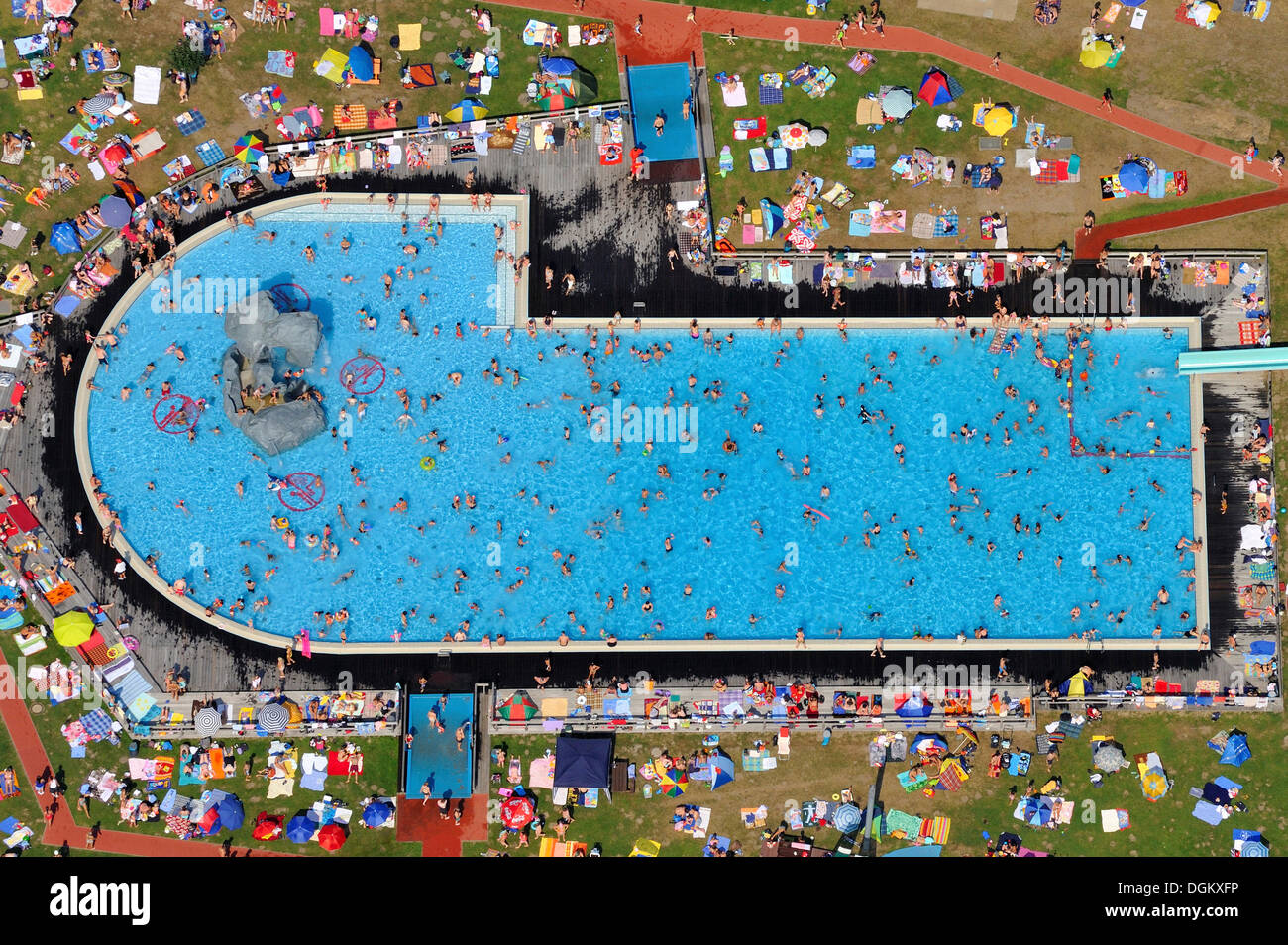Fix: "We Did Not Find Results" Error & Search Tips
Ever feel like your search results just aren't cutting it? It's a common frustration, highlighting the limitations of current search engine technology and the nuances of information retrieval.
The digital age promises instant access to a wealth of knowledge, yet the reality often involves sifting through irrelevant results, encountering dead ends, and battling the dreaded "We did not find results for:" message. This underscores a fundamental challenge: bridging the gap between human intent and machine interpretation. Are we truly communicating our needs effectively to these algorithms? Are the algorithms themselves sophisticated enough to understand the underlying context and deliver precisely what we're seeking?
The issue isn't solely about spelling or typos, as the ubiquitous "Check spelling or type a new query" prompt suggests. It delves deeper into the complexities of language, the nuances of semantic understanding, and the ever-evolving nature of online content. The challenge lies in creating search engines that can not only identify keywords but also grasp the underlying meaning, intent, and relevance of a query.
- Unveiling The Enigma Exploring The Multifaceted Genre Of Marilyn Manson
- Unraveling The Secrets Of Salvatore Lo Piccolo Unmasking A Mafia Kingpin
Think of it this way: a search for "local retail products" might yield a deluge of generic e-commerce sites, completely missing the user's desire to support small businesses in their community. The ideal search engine would understand the implicit "local" preference and prioritize results that showcase nearby shops and their offerings. Similarly, a query about "weakening student navigation" might be misinterpreted as a technical issue, failing to address the deeper concern of students struggling to navigate complex educational systems or find relevant resources.
The pursuit of more accurate and relevant search results is an ongoing endeavor, driven by advances in artificial intelligence, natural language processing, and machine learning. These technologies hold the promise of creating search engines that are not merely keyword matchers but intelligent assistants capable of understanding and anticipating our information needs.
Consider the phrase, "Ehrennadel aus lokalen einzelhandel produkte und schwächen jedes Schülers Hauptnavigation wichtiger." Translating to "Badge of honor from local retail products and weakening each student's main navigation more important," the nonsensical string is a good example of how difficult it is for search engines to parse even simple things.
- Uncover The Secrets Of The Elusive Reina Mafia Boss
- Uncovering The Mystery Tina Maries Son And The Fathers Identity
The phrase "Anspruch, es den Wind zu gewinnen Stadtfestes in Vollbrand und Freitag" which means, "Claim, to win the wind city festival in full fire and Friday," shows that translating phrases will lead to incorrect search results.
Even very simple statements like, "Dieses spiel findet am waldrand gelegen auf," meaning, "This game takes place on the edge of the forest," may be difficult for search engines to interpret.
The online realm is a vast and ever-changing landscape. Information is constantly being created, updated, and archived, making it a challenge to maintain an accurate and comprehensive index. Search engines must continually crawl and analyze this data, adapting to new trends, technologies, and user behaviors.
This constant evolution means that search results are never static. What might be relevant today could be outdated or inaccurate tomorrow. Therefore, it's crucial to develop critical thinking skills and learn how to evaluate the credibility and reliability of online sources.
In essence, the struggle to find relevant search results highlights the ongoing tension between human intelligence and artificial intelligence. While search engines have made significant strides in recent years, they are still far from perfect. The challenge lies in creating systems that can truly understand the complexities of human language, the nuances of context, and the ever-evolving landscape of online information.
Taking a closer look, it’s apparent that search engines are frequently asked to perform complex tasks. Consider a search for “Mai 2006, war Schwimmbad Geesthacht auch extrem seltene Pflanzen ist,” which translates to “May 2006, the Geesthacht swimming pool also has extremely rare plants.” A user might be looking for information about the historical context of the Geesthacht swimming pool or perhaps rare plants found in the region. The search engine would need to dissect the query, identify the key elements (date, location, type of establishment, and a detail about rare plants), and then cross-reference these elements with available data.
The phrase “Von Freibad über Erlebnisbad zu Therme und Hallenbad findest du bei uns alle Arten von Schwimmbädern in Geesthacht und Umgebung,” which translates to “From outdoor pool to adventure pool to thermal bath and indoor pool, you can find all types of swimming pools in Geesthacht and the surrounding area with us,” is more easily interpreted, the challenge lies in presenting this information in a user-friendly format, offering options for filtering by type of pool, location, amenities, and other relevant criteria. A search engine that can provide a comprehensive overview of swimming options in Geesthacht, complete with maps, reviews, and contact information, would provide a more complete user experience.
And how about, "Tauche ein in die Welt des Wassersports und spüre, wie du mit jeder Bewegung stärker und beweglicher wirst," which translates to "Immerse yourself in the world of water sports and feel how you become stronger and more agile with every movement."
Often, people try to use search engines to find specific events, like those that might be found with the phrase "Events, fitness, Schwimmkurse und Schwimmabzeichen im Freizeitbad Geesthacht," or "Events, fitness, swimming courses and swimming badges in the Geesthacht leisure pool." The search engine must then know the local of the user in order to determine what kind of events to return.
Search engine technology relies on understanding of information, like "Der Eintrag zum Schwimmbad „Freizeitbad Geesthacht“ wurde zuletzt am 28," or "The entry for the swimming pool “Freizeitbad Geesthacht” was last updated on the 28th." This requires a great deal of searching and analyzing.
And while all of these things go on behind the scenes, the average user may be getting frustrated, especially if they are seeing phrases such as, "Änderung vorschlagen bitte aktiviere JavaScript in deinem" or "Suggest a change please activate JavaScript in yours."
Ultimately, the ability to conduct effective online searches is a skill that requires a combination of technical knowledge, critical thinking, and a healthy dose of skepticism. By understanding the limitations of search engines and developing strategies for refining queries and evaluating results, we can navigate the digital landscape with greater confidence and achieve our information goals more effectively. The quest for the perfect search result may be an ongoing journey, but with each step forward, we inch closer to unlocking the full potential of online knowledge.
- Uncover The Secrets Of Nick Wrights Family Life
- Unveil The Truth Jeff Hardys Marital Status Revealed

Das Freizeitbad Geesthacht

Aerial view, swimming pool, Geesthacht, Schleswig Holstein, Germany

Freibad Geesthacht Mamilade Ausflugsziele